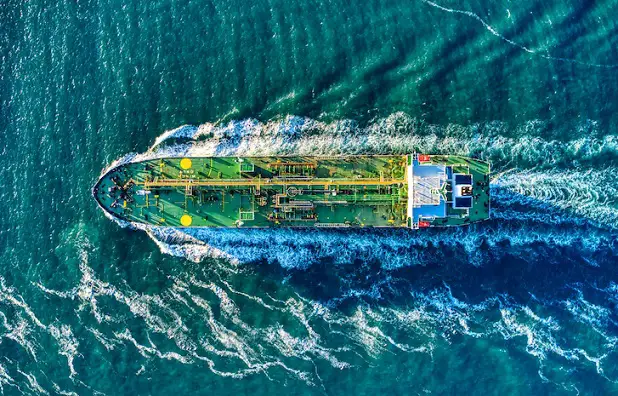According to a Bloomberg report this week. The European Union is still fueling its economy off of Russian oil, despite the myriad of sanctions they have placed on the Russian energy industry. According to Bloomberg’s report, EU member states are bypassing their own sanctions and purchasing Russian fuels through India.
The EU, G7, and allied countries, originally levied sanctions on Russia in December, when they imposed an embargo and a $60 per barrel price cap on Russian seaborne crude, and later imposed similar measures on the export of refined petroleum products.
India, however has not joined in the ban, and instead increased its purchases of the now heavily discounted Russian oil.
Between 2022 and 2023, Indian refineries purchased between 970,000 and 981,000 barrels of Russian crude oil per day, roughly one fifth of the nation’s overall imports, which totaled 4.5-4.6 million barrels per day (bpd), according to data from Kpler and Vortexa.
It is expected that in April, Indian imports of Russian crude will surpass 2 million bpd, which will make up almost 44% of the nation’s total crude imports, according to data from Kpler.
Since the ban on Russian oil went into effect, India has become Russia’s top oil buyer, and now New Delhi is on track to become the largest supplier of refined fuels to the European Union.
According to Bloomberg, all of this points to the fact that since the EU stopped purchasing Russian fuels, it has simply turned to India, using it to purchase the fuels, and ship them on the Europe at competitive prices.
Viktor Katona, a lead crude analyst at Kpler, said in an interview with Bloomberg, “Russian oil is finding its way back into Europe despite all the sanctioning and India ramping up fuel exports to the west is a good example of it. With India taking in so much Russian barrels, it’s inevitable.”
According to Kpler data, EU fuel imports from India are poised to jump to over 360,000 bpd, surpassing the bloc’s imports from Saudi Arabia.
Large portions of the European economy are powered by diesel. Prior to the war in Ukraine, over one third of it came from Russia. Bloomberg noted that now that the EU no longer sources its fuel from Russia, the bloc needs to acquire that fuel from other sources, which has meant higher prices for shipping, as well as fewer refineries supplying it, further increasing the prices. To lessen the pressures on the European economies, Bloomberg indicates Europe has decided to use Russian fuel, while seeking to obscure its source.

